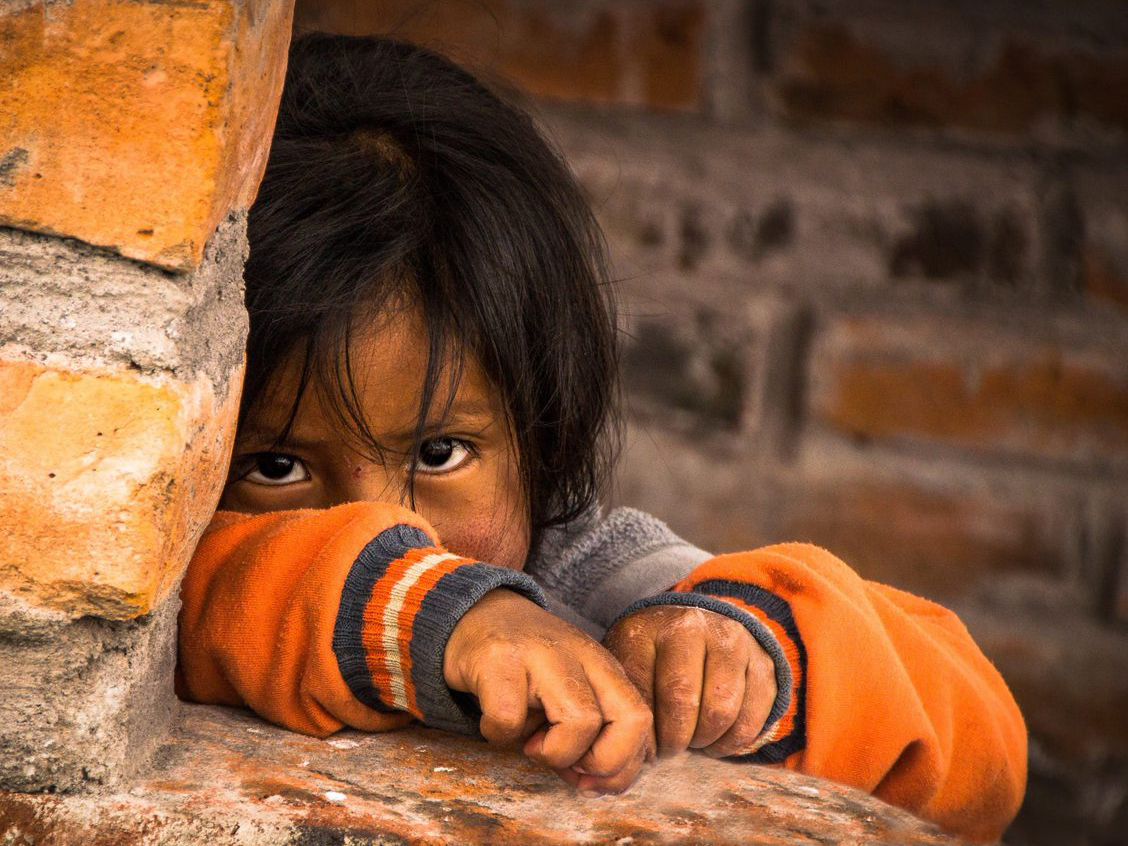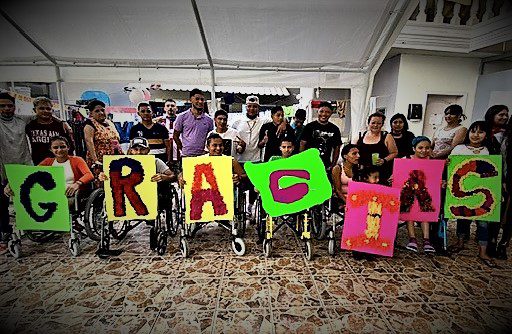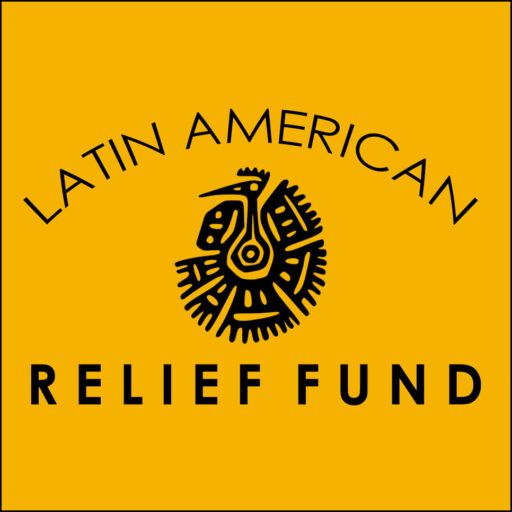
14 Sep The Latin American Relief Fund Celebrates Five Years
Five years ago this month, Sher and Gary Davidson founded the Latin American Relief Fund (LARF) in hopes of helping the many Central American migrants crossing through Mexico to the U.S. border. Their first fundraising effort was a concert in Portland, where they raised the initial funds to start the organization. Soon afterward, they registered LARF in Oregon as a 501 (c) (3) tax exempt corporation.
The non-profit’s mission was to financially and materially support projects that provided humanitarian aid to Latin American refugees and individuals, particularly those from El Salvador, Guatemala and Honduras. When Sher and Gary heard about Pastor Ignacio Ramirez and his efforts to provide aid and shelter to migrants passing through Celaya, Mexico, they met with him and knew they wanted to help.
In 2018, LARF began assisting Albergue ABBA, a migrant shelter in Celaya run by Pastor Ignacio and his family. For the first few years, LARF paid the rent, utilities and other expenses for ABBA House. Then, in 2020, when the property came up for sale, the Board initiated a capital campaign and raised money to help purchase the building where the shelter is housed. In addition to helping buy the shelter property, LARF has funded ABBA’s educational and music programs, paid staff salaries, purchased gym equipment for rehabilitating amputees, helped purchase a new van, funded professional development for ABBA House staff and provided emergency funding when large caravans have passed through Celaya.
But the five-year mark has also brought some changes to the Latin American Relief Fund.
In July of 2021, Sher Davidson stepped down as President of LARF’s Board of Directors and Judith Gille took over the leadership of LARF. The organization’s dynamic board, which includes Dan Neuspiel, Hernan Drobny, Rebecca Eichler, Honey Sharp, Careen Shannon and Gail Berkowitz, is embarking on an even more ambitious task: helping Pastor Ignacio purchase and develop a site for a Cultural Center for Human Rights.
For several years now, Pastor Ignacio and his family have taken in migrant amputees who have lost limbs during their journey north. Many of them fell or were pushed from freight trains, others have been run over by cars or trucks. In addition to providing them with food and shelter, the staff at ABBA House helps them secure medical care, facilitates any needed hospitalizations, and later aids them in obtaining prostheses and rehabilitation services. Currently there are twenty resident amputees at ABBA House and six more on the waiting list.
Ignacio’s plan is to have the truly migratory men and women—people who are just passing through Mexico—stay at ABBA House, while the new Cultural Center would provide permanent housing and an array of services for people who must remain in Mexico. This transformational new center would include workshops, gardens, an infirmary, a rehabilitation gymnasium for amputees, and housing for families. In addition, the new center would provide educational information and legal support for migrants affected by human rights violations in Central Mexico.
Pastor Ignacio has secured support for the project from many stakeholders. The United Nations High Commissioner for Refugees (UNHCR) has committed to developing the housing, the Red Cross will help set up and run the clinic, and the state of Guanajuato and local authorities in Celaya as well as the University of Leon have also committed to helping with design and implementation.
But Pastor Ignacio is looking to the Latin American Relief Fund to finance the purchase and development of a property and we are counting on the generosity of our donors for help.
Sher and Gary Davidson are proud of what they’ve accomplished in the past five years, but know there is so much more to do. In these dark times, we are all yearning for a more just world and the Board of LARF is committed to funding the Cultural Center for Human Rights. Please help us make the world a better place for some of its most marginalized people.


